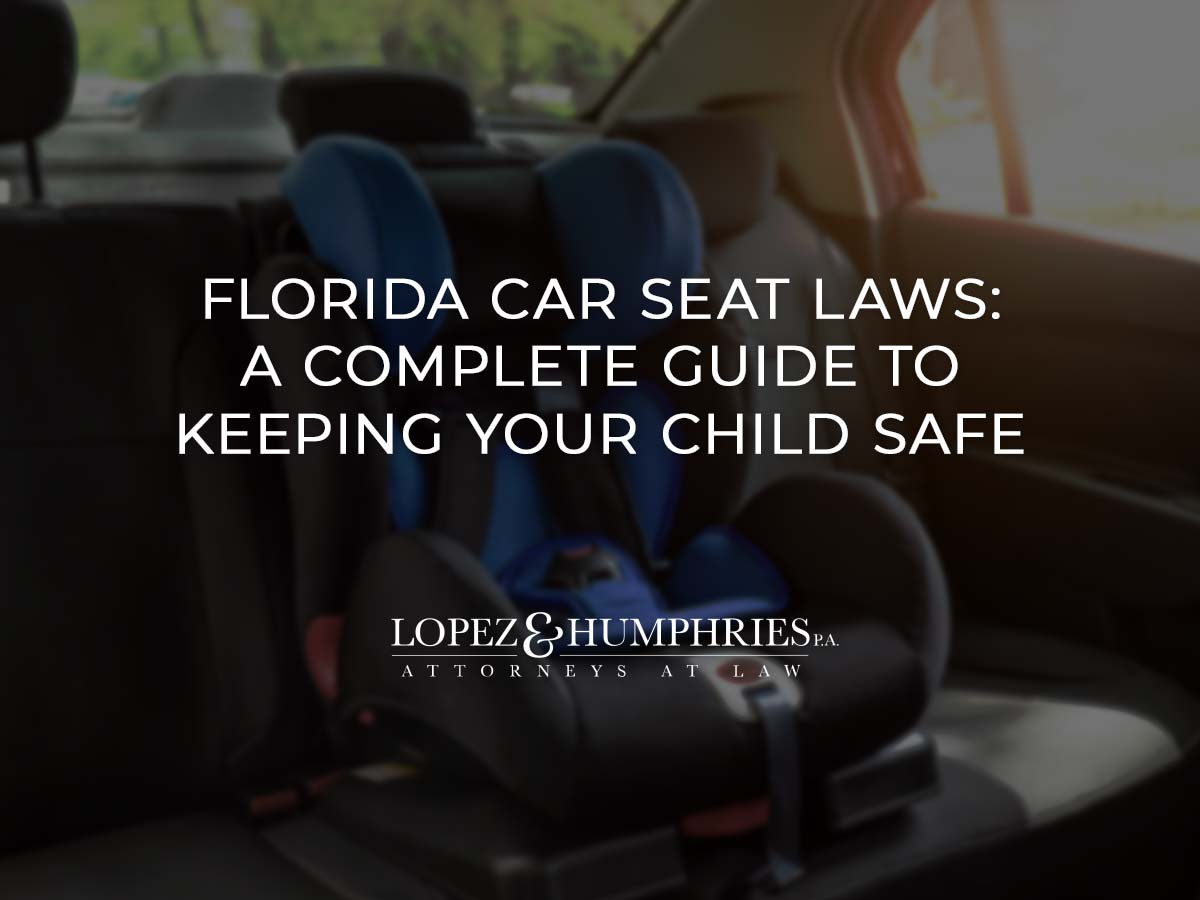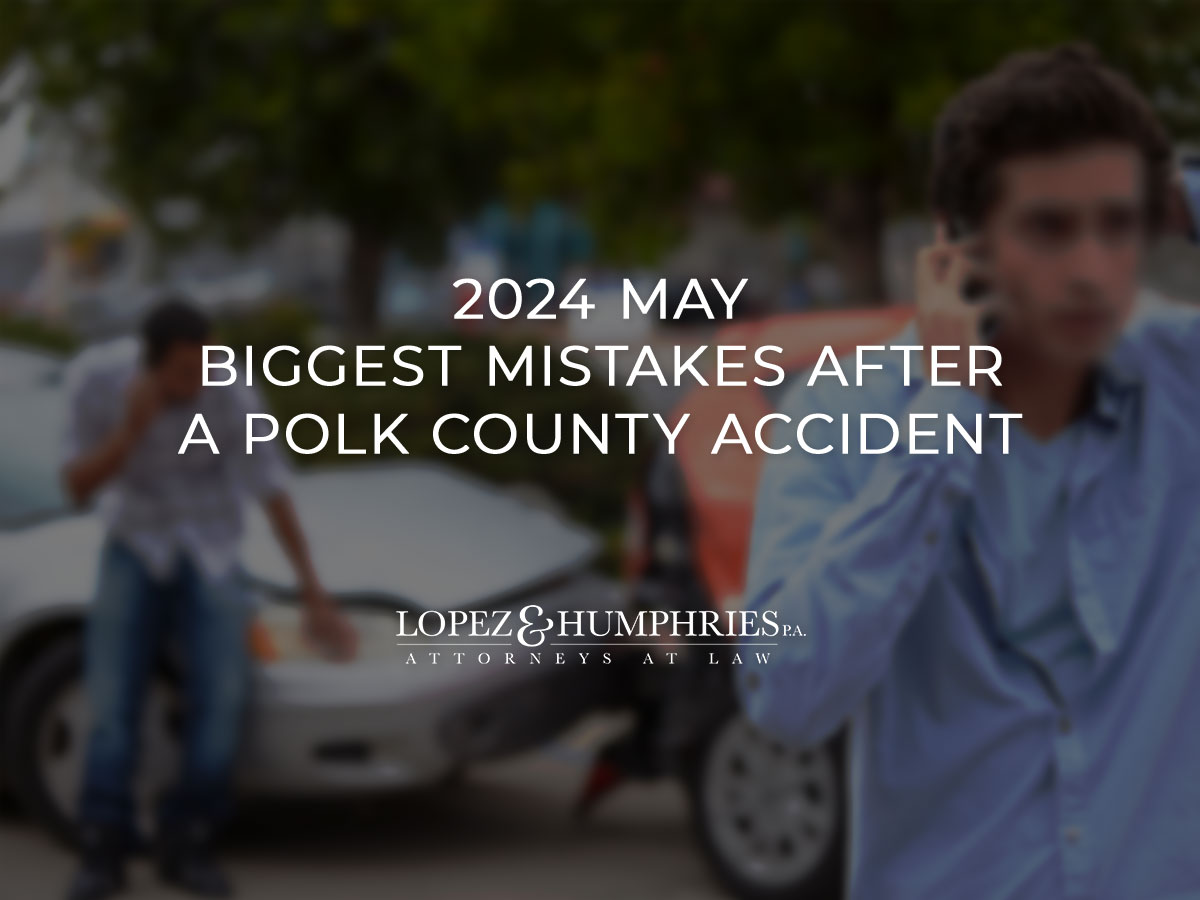Florida is a premier vacation destination year-round, attracting over 131 million tourists in 2019, and 6.6 million of them booked vacation rentals through the platform Airbnb, according to Forbes. This number suggests the vacation rental platform is well-received by the travel community. But what happens if an injury occurs at a short-term rental property? Can the injured party recover damages?
Who Is Liable?
If you slip and fall on the freshly mopped floor of a hotel lobby, it is clear the hotel proprietor is responsible for the condition of the floor. But what if you fall down the narrow, railing-less stairs of a short-term rental you found on a platform like VRBO or Airbnb? Can you sue the platform that helped you rent the property?
The short answer is: No, you cannot sue Airbnb for your injury. But you still have options to recover damages.
The main problem is short-term rental services typically include a disclaimer against all liability and a clause that forces disputes into arbitration as part of the terms and conditions for using them. For example, services like Airbnb consider themselves go-betweens with renters and property owners, meaning property owners are solely responsible for the state of their property.
The best action for someone injured at a short-term rental property would be to contact an attorney to pursue damages from the property owner.
Platforms such as VRBO and Airbnb advertise their included insurance coverage for short-term rental property owners. Both platforms offer up to one million dollars in liability coverage, including for injuries sustained by guests. When the platform first launched, Airbnb asked renters and guests to sign a waiver upon downloading the platform. This document waived their rights to sue the company should an accident occur, but they recently changed their policy. The company now offers a Host Protection Insurance (HPI) policy, offering hosts up to $1 million in liability coverage.
Coverage begins upon guest check-in and ends upon checkout, as shown in the Airbnb platform. No-shows or canceled reservations are not entitled to coverage. However, the injury must be related to the property to file a claim against Host Protection Insurance. For example, if a guest trips on a carpet that was not correctly installed and sustained injuries, this could result in an eligible claim.
Exemptions to the Airbnb Host Protection Insurance
Remember not all conditions encountered at an Airbnb property will be covered under the Host Protection Insurance. Airbnb lists the following as exemptions to the coverage available:
- Intentional harm (assault, battery, or sexual abuse) committed by a host or someone considered to be insured under the policy
- Car accidents off the property
- Theft
- Bacteria or fungi (except if they are contained in a product intended for guest consumption)
- Chinese drywall
- Transmission of infectious diseases (such as influenza or Covid-19)
- Natural disasters
- Acts of terrorism
- Pollution
- Asbestos
Before settling into your short-term rental, follow these steps to ensure you are protected if an accident does occur.
- Check with the rental property host to see if they have their own business rental coverage through their homeowners’ insurance. Consider the Host Protection Insurance will likely cover injuries or property damage the host is legally responsible for during your stay. If the host does not have their own coverage and this is a deal-breaker, choose another property.
- Complete a thorough walkthrough of the property upon arrival with all guests. Take videos or pictures for your personal records. The host need not be present.
- If any hazards or unsafe conditions arise during the walkthrough, notify the property owner in writing to have them fixed. Take pictures of the hazardous conditions to document them and include them in your written communication to incentivize the owner to rectify the situation. Text messages, email, or in-app communications (where available) are good options for these communications.
If you have suffered an injury at a short-term rental and need the services of a law firm with the experience to handle your case, call our team here at 863-709-8500, or fill out our contact form.
We can set you up with a time to speak with our lawyers during a free consultation and determine the best course of action based on your situation.










